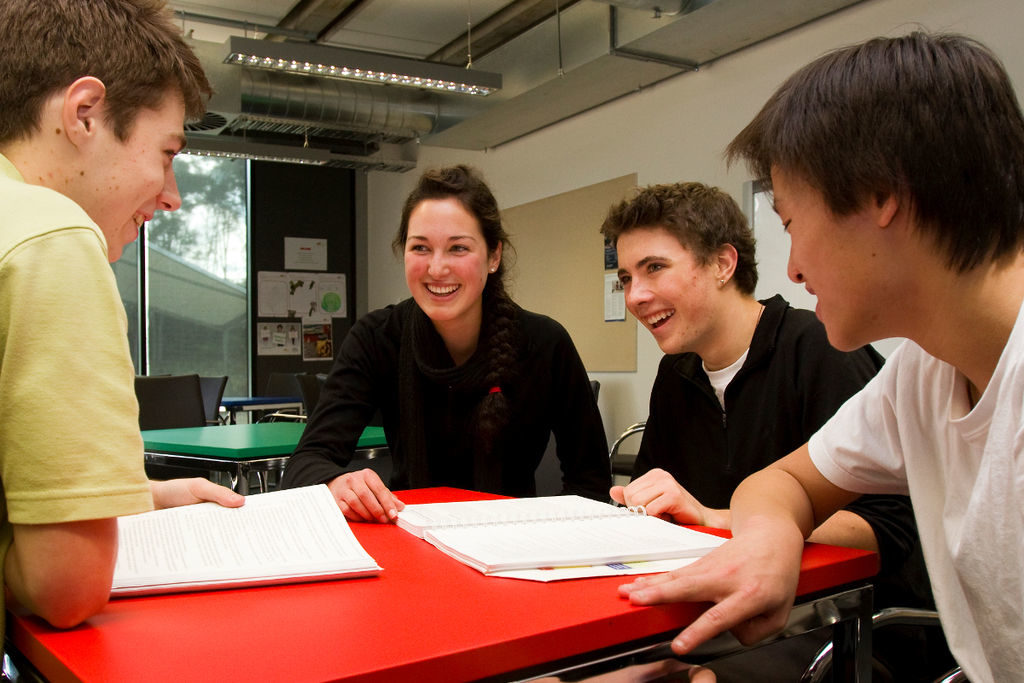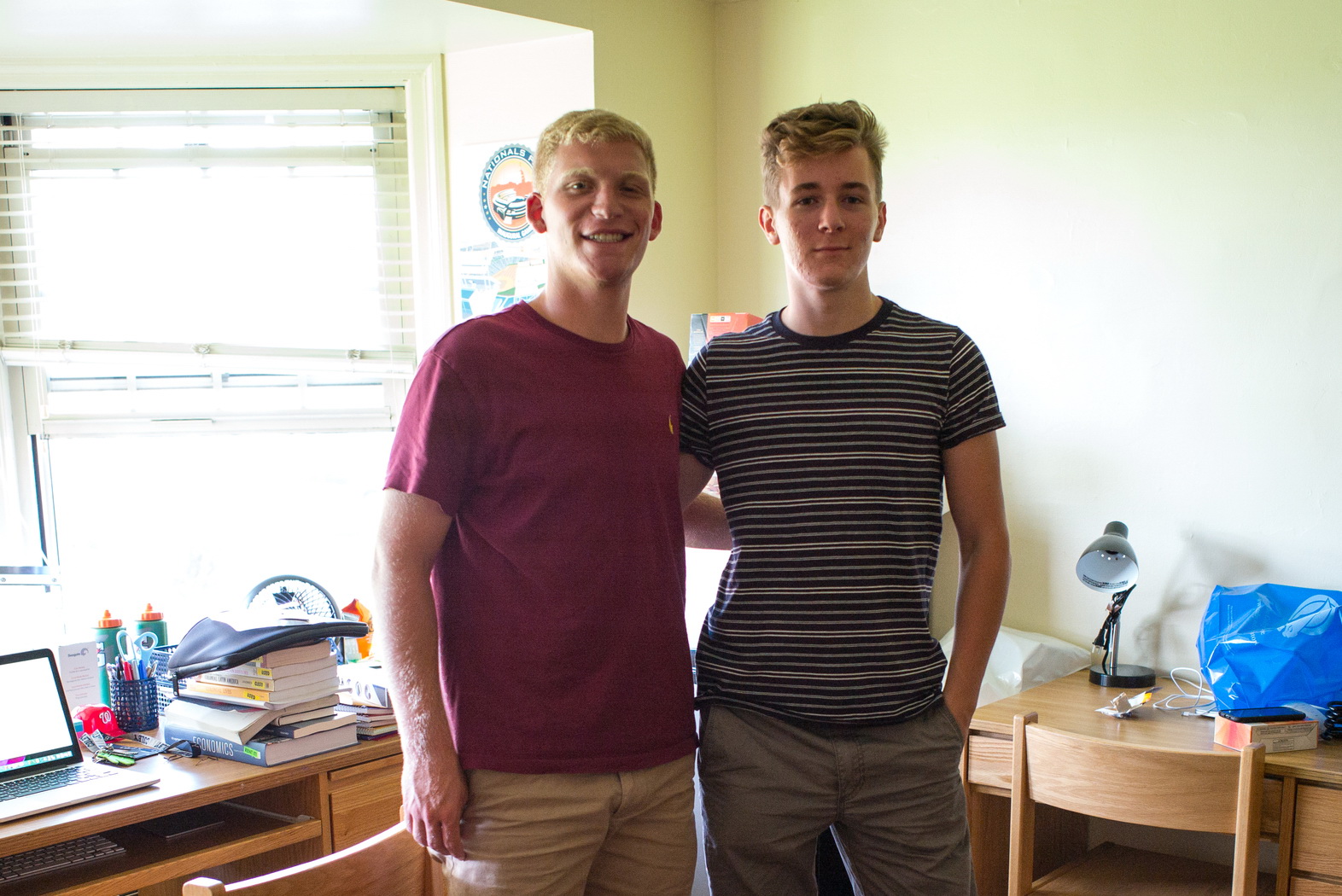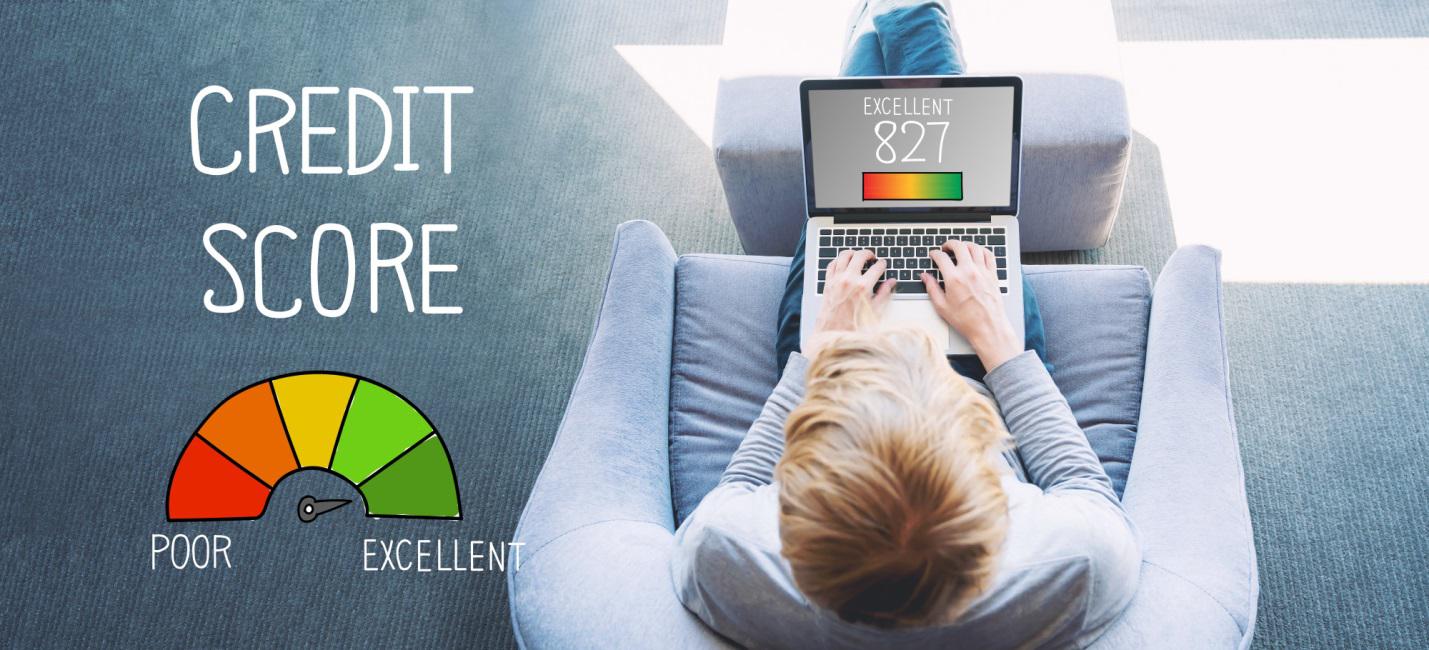When asked what the worst enemy of productivity is, most people will probably name procrastination. And it is true – chronic procrastination can completely ruin your chances of completing your work on time and drastically decrease the quality of the work you manage to do after all. However, a lot has already been said about procrastination, and you can easily find on the Internet hundreds of tips on what its signs are and how to deal with it. Today we are going to talk about a few less obvious things – so let’s take a look at what else prevents you from achieving your full potential in college.

1. Overloading your schedule
A good study plan is an excellent asset that can make your stay in college much, much easier. However, putting things on schedule won’t magically make them happen. You may have the neatest and smartest study plan in the world, but even the best plans rarely survive the clash with real life. You can never know for sure if, for example, your custom research paper is really going to take exactly 5 hours to write – perhaps you will breeze through it, or maybe it will take five times as long. Putting a hundred items on your to-do list won’t make you complete all of them. On the contrary – there is a chance that a schedule bursting at the seams will demotivate you and make your procrastination even worse.
It may lead to even further-reaching negative effects if it turns out that you are chronically lagging behind your brilliant plan. If you regularly fail to meet the requirements you’ve imposed on yourself, it is going to whittle down your self-esteem and belief in your ability to actually deal with things.
So yes, do create a schedule and try to stick to it, but don’t overfill it. Keep it reasonable and leave yourself some breathing room so that in case of emergency you have some extra time to deal with it. Be flexible and change your strategies if the situation around you alters.
2. Perfectionism
Perfectionism can harm your productivity in two ways.
Firstly, it causes you to spend unnecessary amounts of time on polishing and perfecting things that are mostly fine as they already are. The principle 80/20 fully works here: quite often 20 percent of time and effort you spend on an assignment achieve 80 percent of results, and everything you put into this job afterward brings you measly 20 percent. This means that it is just not worth it – you should learn how to evaluate the work you’ve already done, stop and switch to another assignment where you can apply your time and effort more efficiently.
Secondly, it messes with your mind. The problem is not just with wasting too much time making unnecessary small improvements, but also with what you associate with not being perfect or not doing something perfectly. These can lead you to all kinds of irrational behavior – for example, saying to yourself that as you are incapable of doing a specific job perfectly, it is not worth doing at all. Or not handing a paper in because you are not fully satisfied with the way it was written.
3. Listening to Too Much Advice
If you are reading this article, chances are you regularly look for suggestions and tips to help yourself get more efficient at your studies, improve your productivity and get rid of bad studying habits. There are hundreds of resources on the Internet that teach you just that, and at a glance, it looks awesome – so many useful tips should certainly mean that you can improve your productivity in so many ways, right?
Not exactly. While there are truly many excellent sources of advice available today, and a lot of them are quite good, if you try to follow a dozen of them at once, you are going to fail miserably. Some tips don’t go well with each other, others take up a lot of time to implement and will leave you less time to study. Still, others will make you too unfocused to implement any particular tip well. In other words, if you want to get the most out of good advice, try not to follow too many recommendations at once.
4. Multitasking
What you do when you multitask is not doing many things at once. In reality, you simply switch between tasks very fast – human brain just isn’t wired in a way that allows it to perform more than one task at a time. The thing is, you are not nearly as efficient when you constantly switch from one problem to another than when you fully concentrate on one thing at a time. According to some studies, the drop in efficiency reaches 40 percent – and it is only if you are capable of switching between activities more or less quickly. If it takes time for you to go from one thing to another, you are going to lose productivity not just to multitasking, but also because you get distracted easier.
The conclusion? Improve your concentration and focus and work on one task at a time. Multitasking won’t get you anywhere.
These, of course, are not the only ways to ruin your productivity at college, but they are certainly among the most widespread and insidious ones. If you manage to single them out and deal with them, your chances of doing well in your studies are going to be significantly higher.









